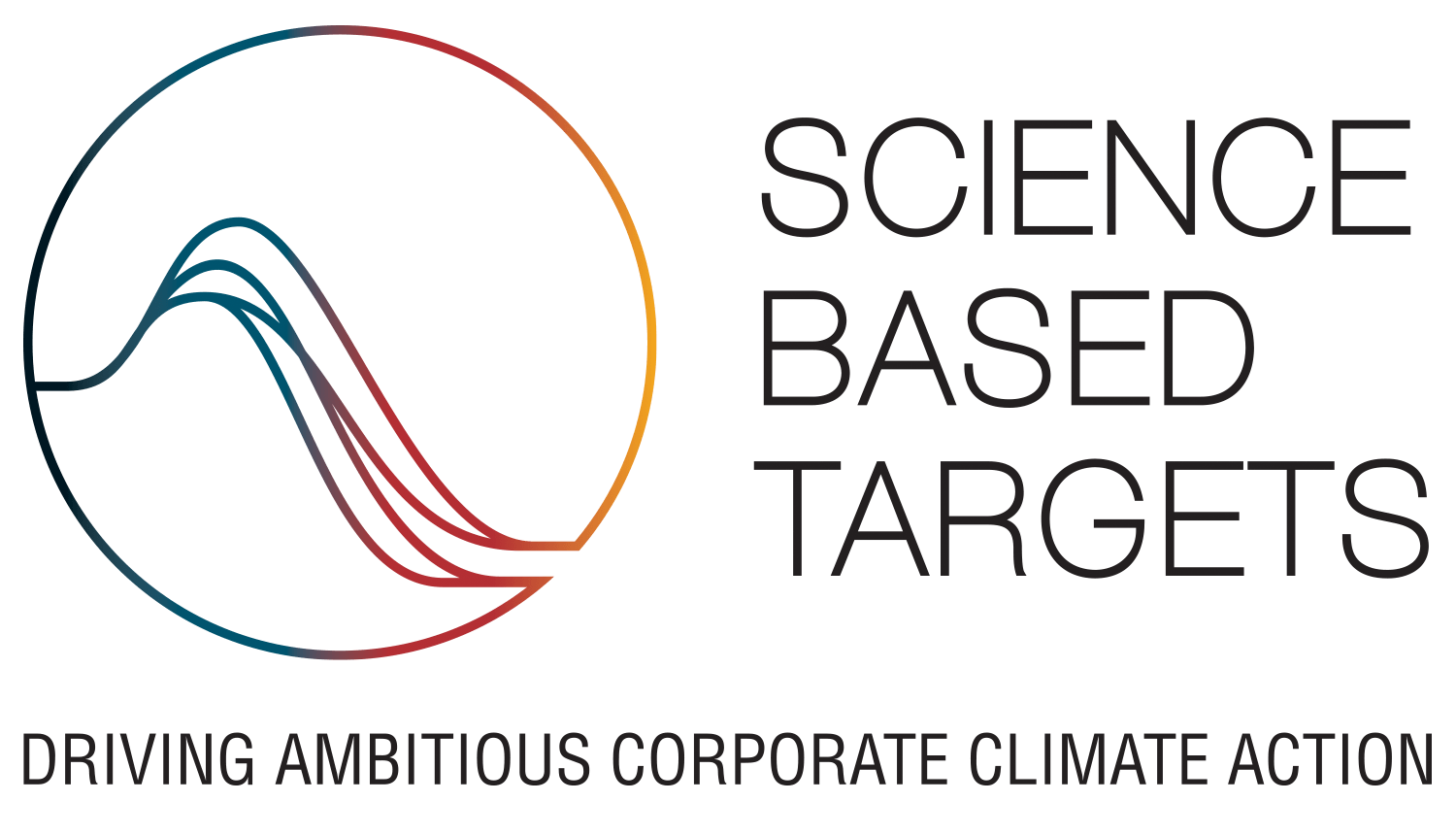
We are the first real estate developer in Hong Kong and the Chinese mainland to commit to the Science Based Targets initiative (“SBTi”). Our SBTs were approved in November 2019, establishing a long-term decarbonisation trajectory for our portfolios around the world that are in line with the Paris Agreement.
